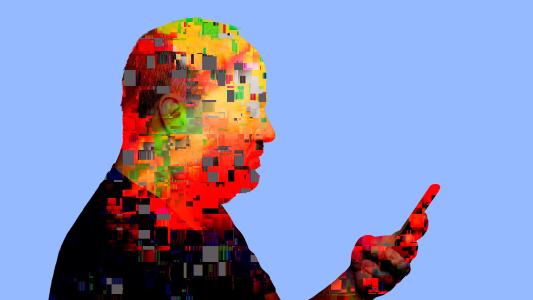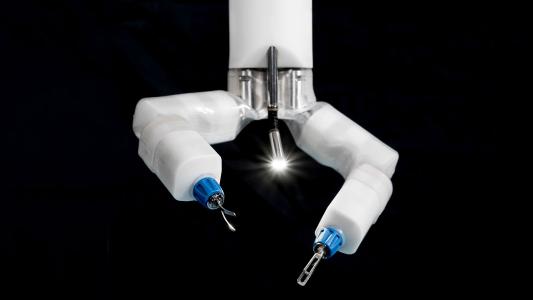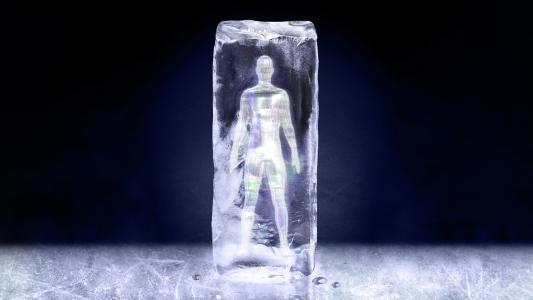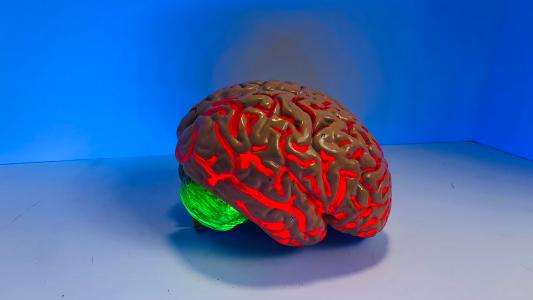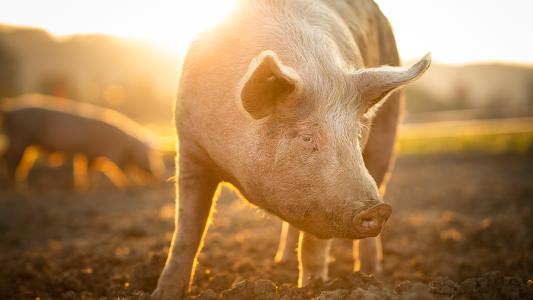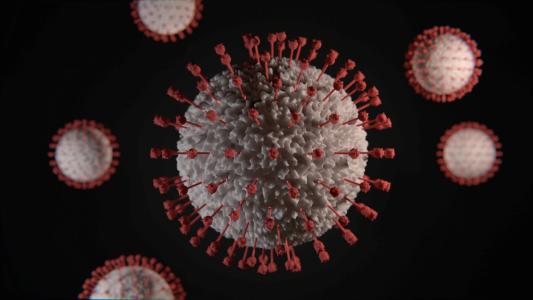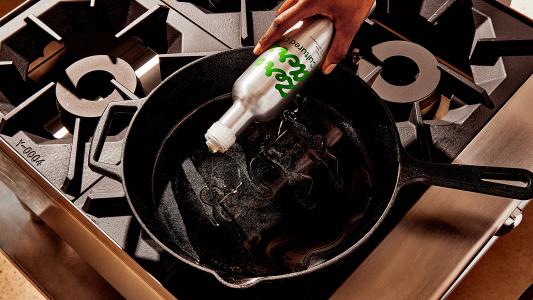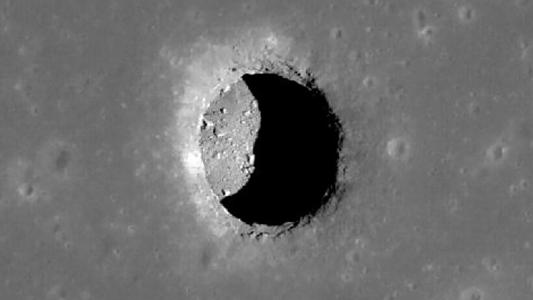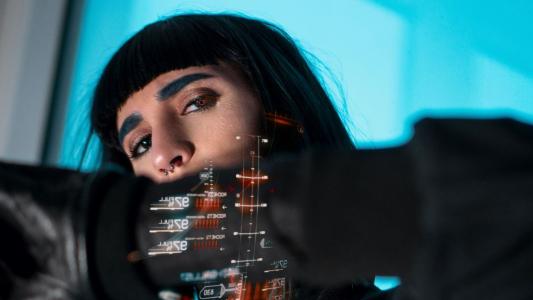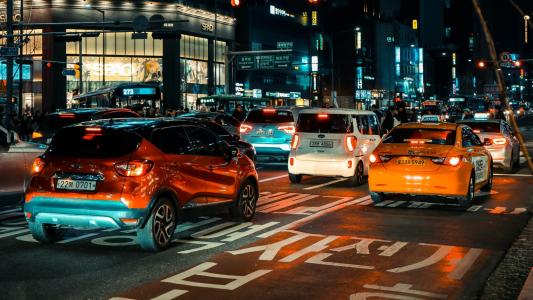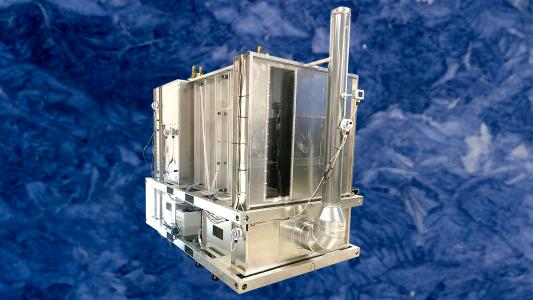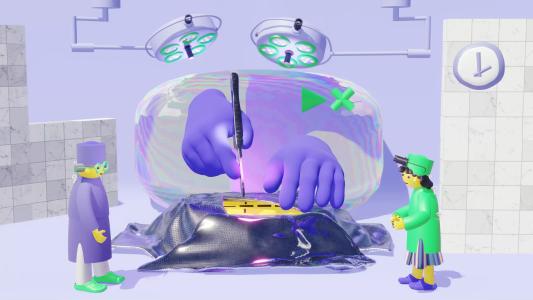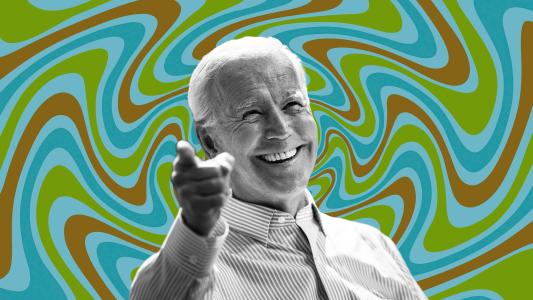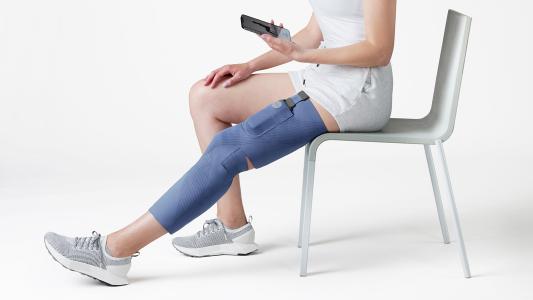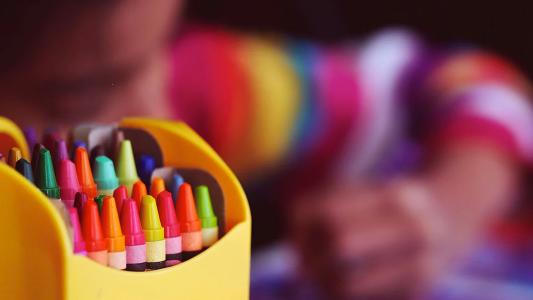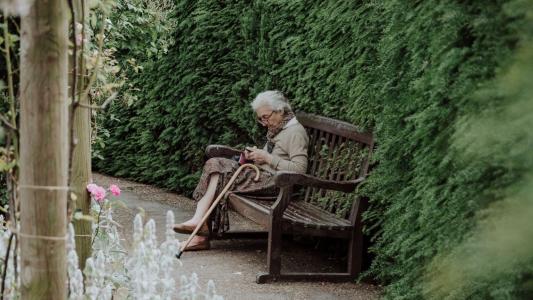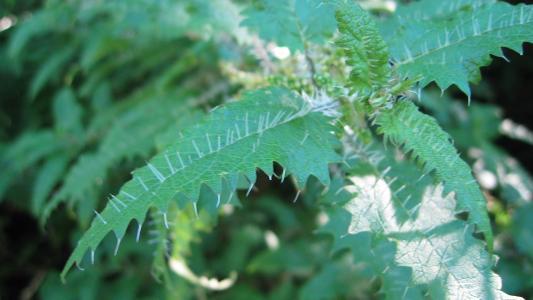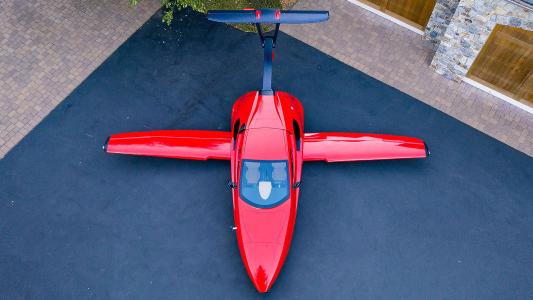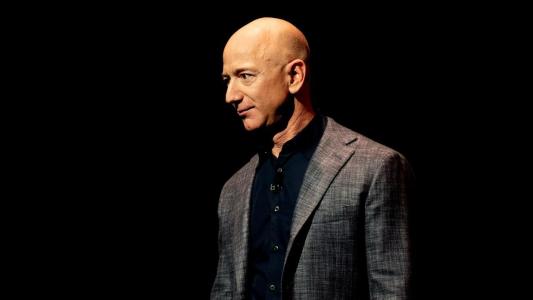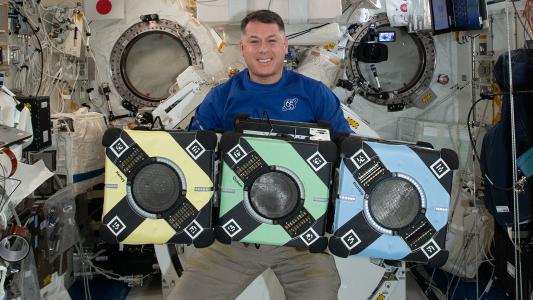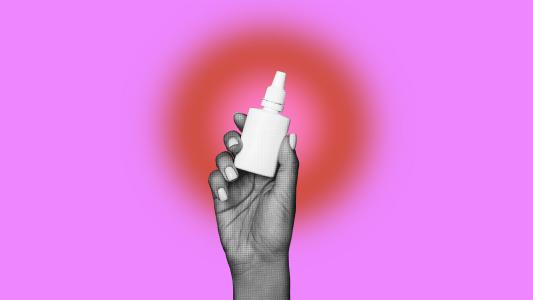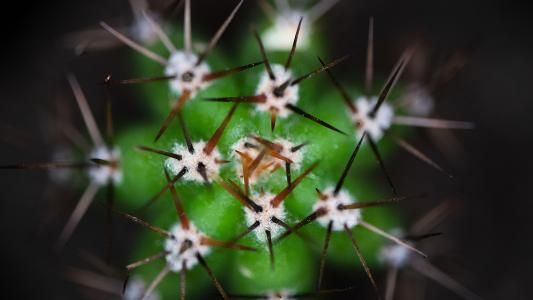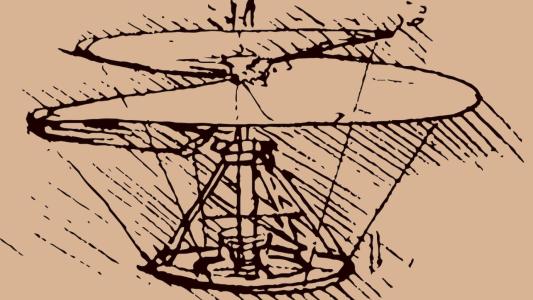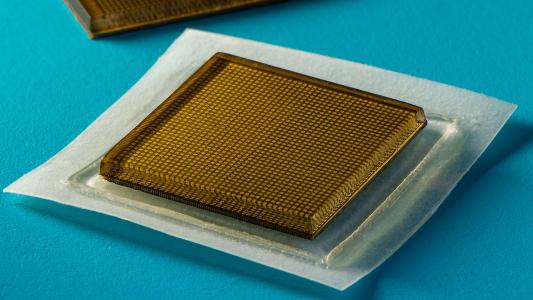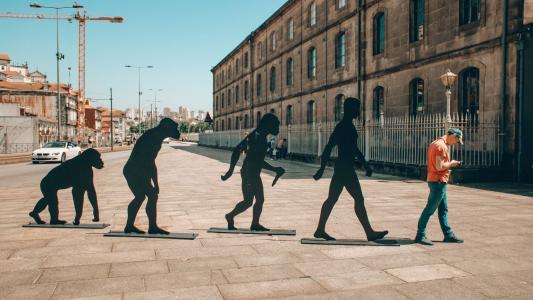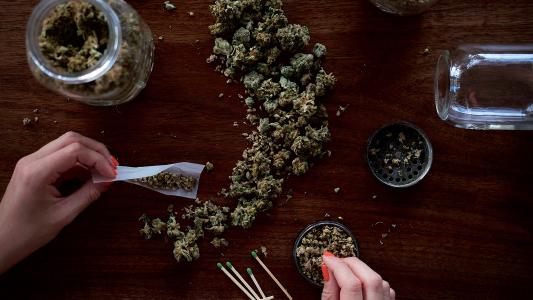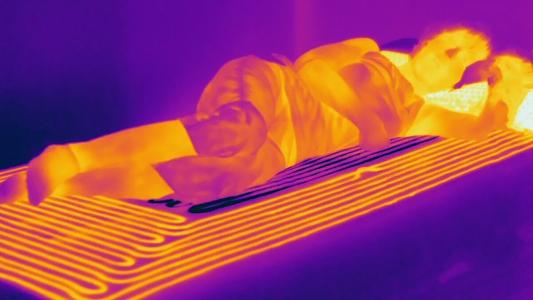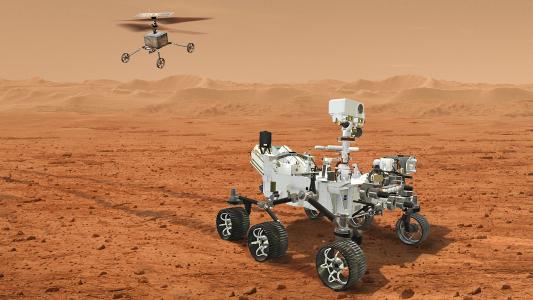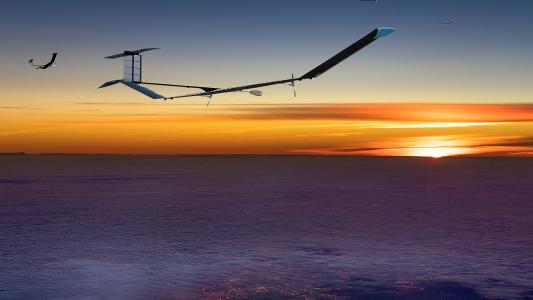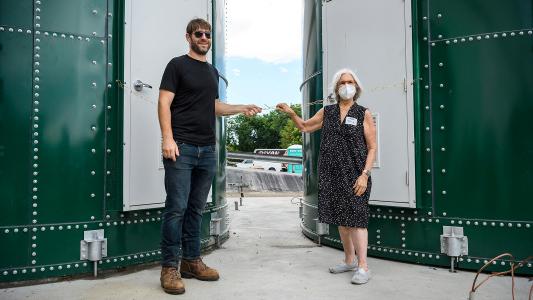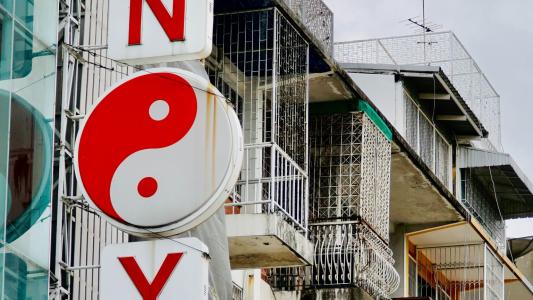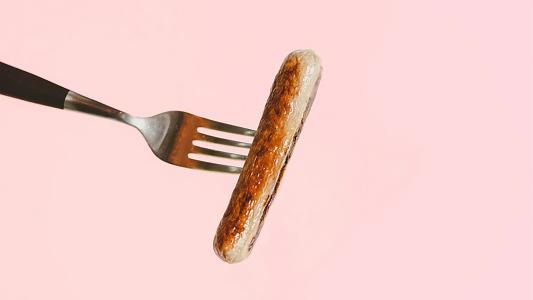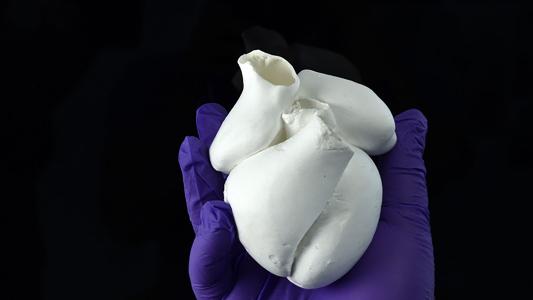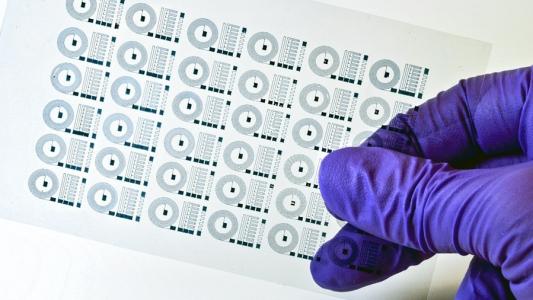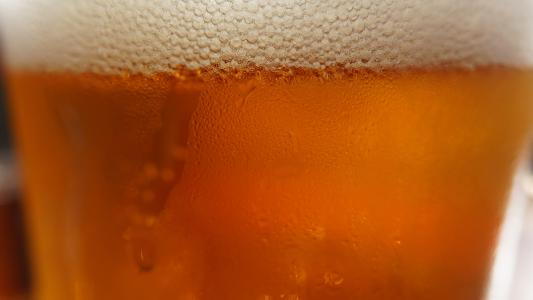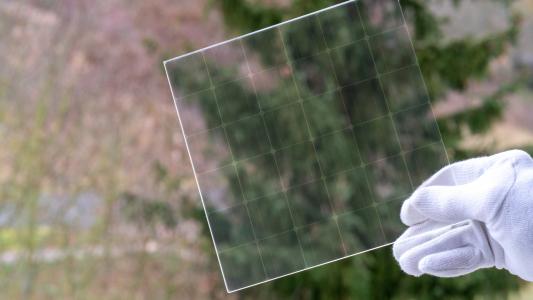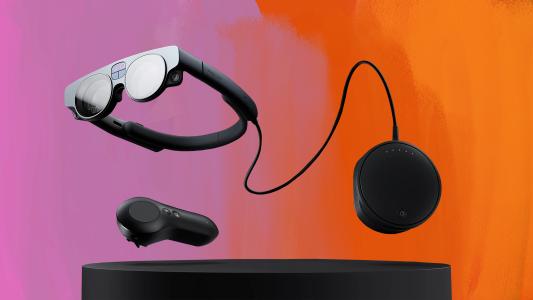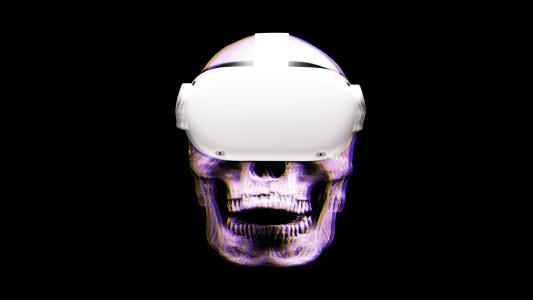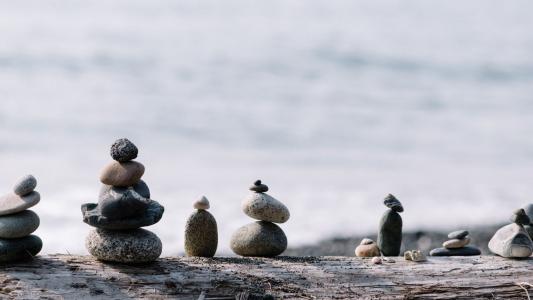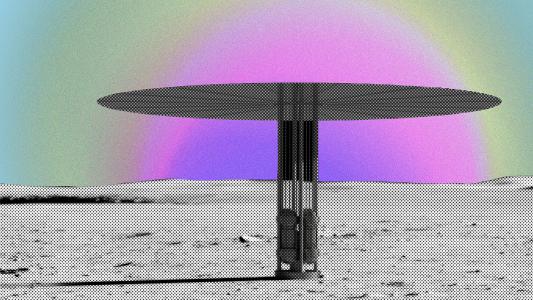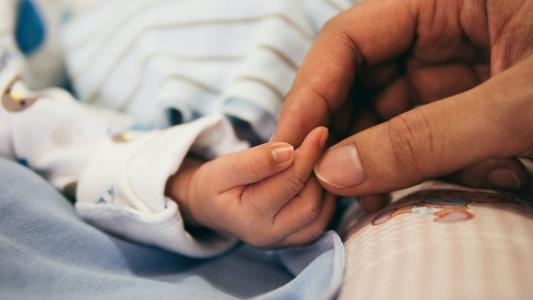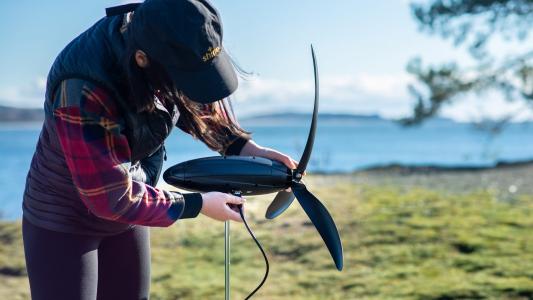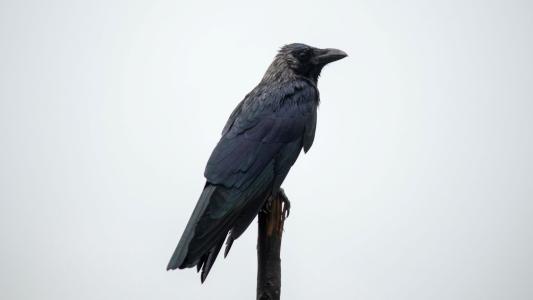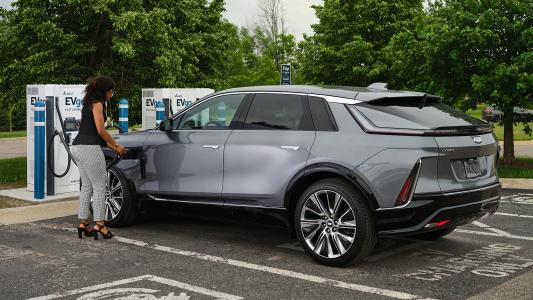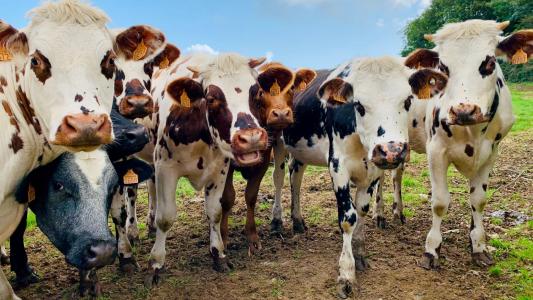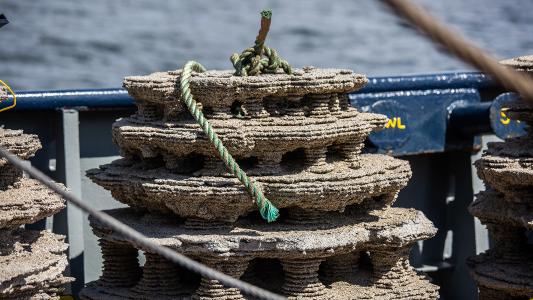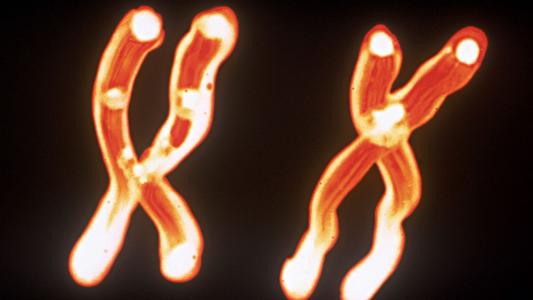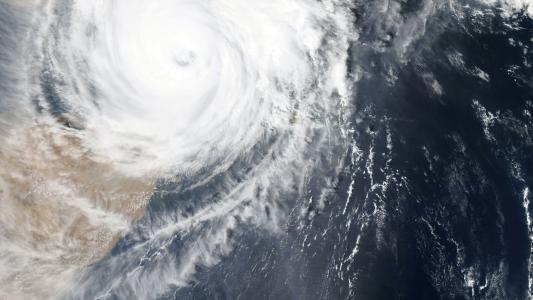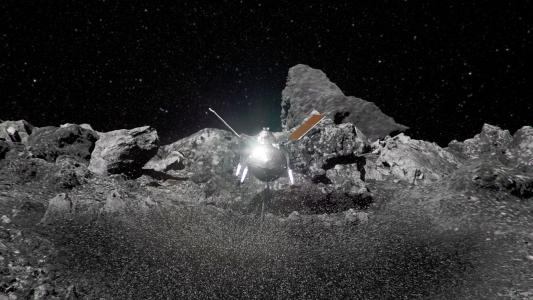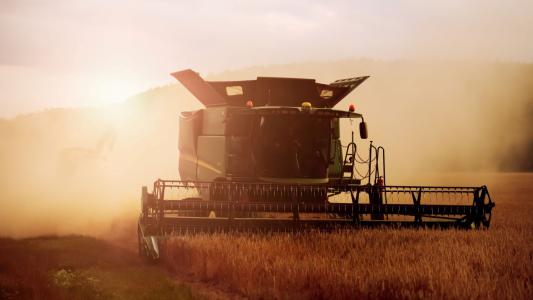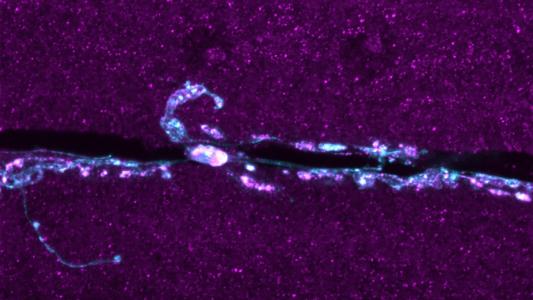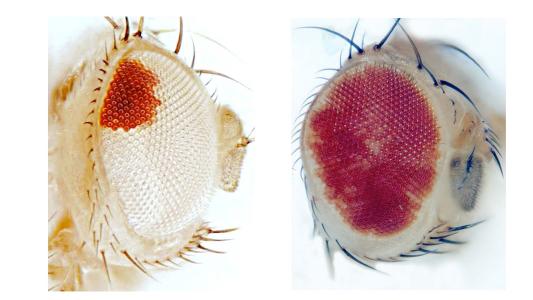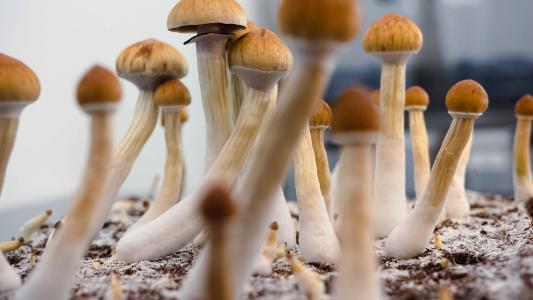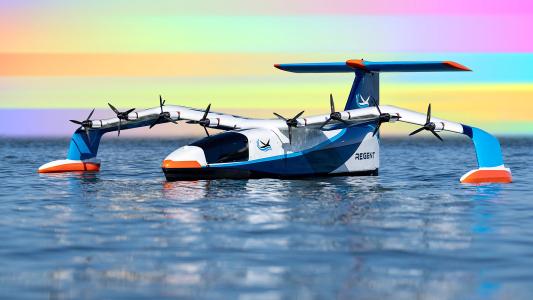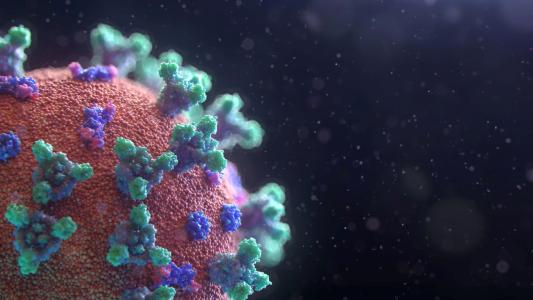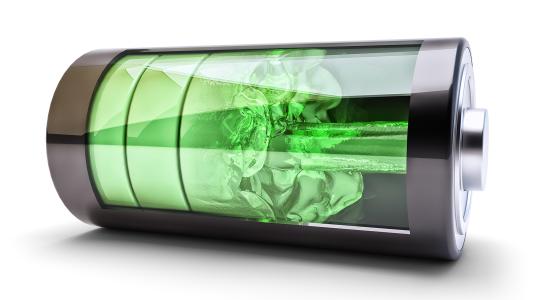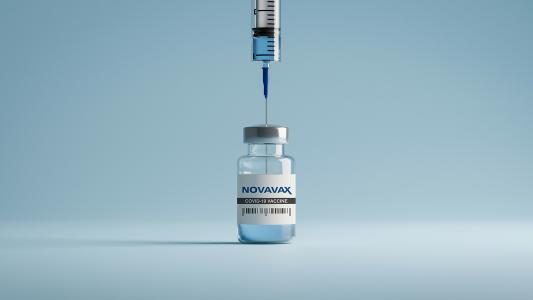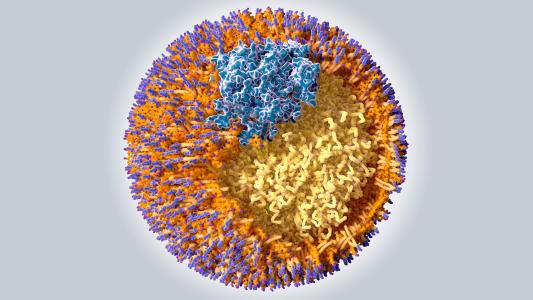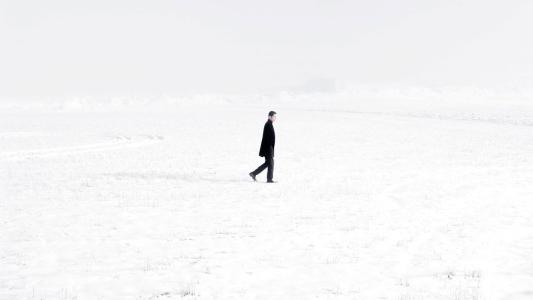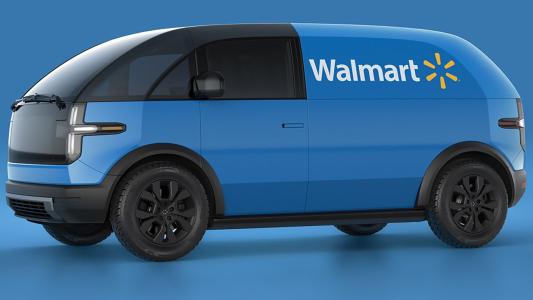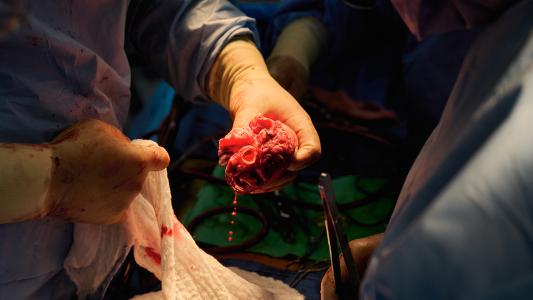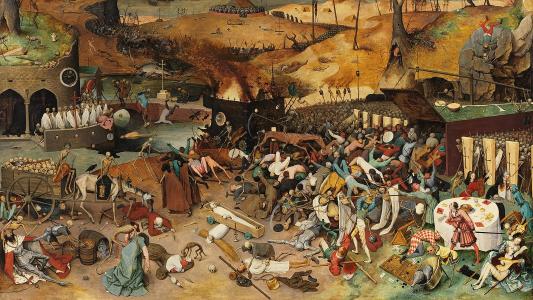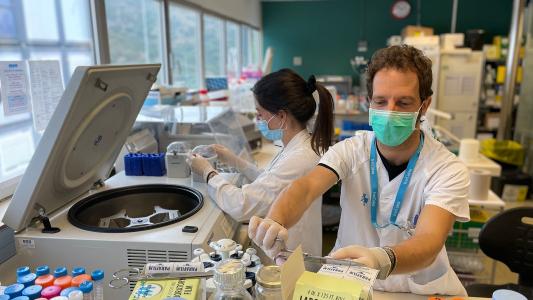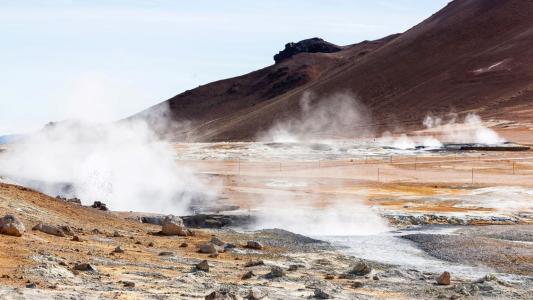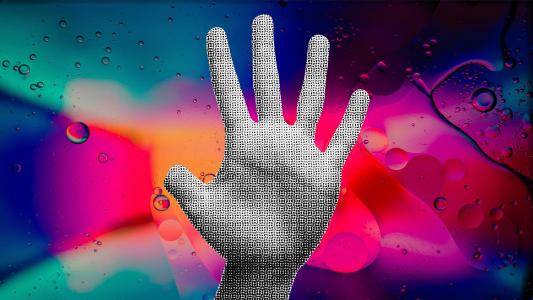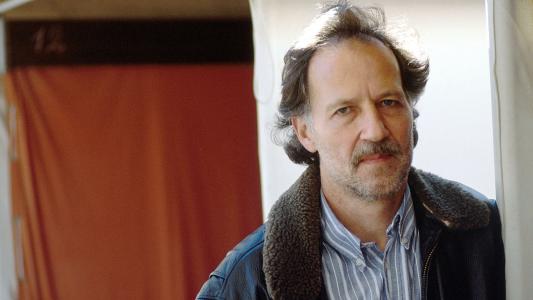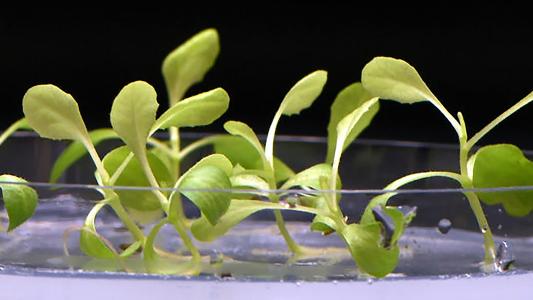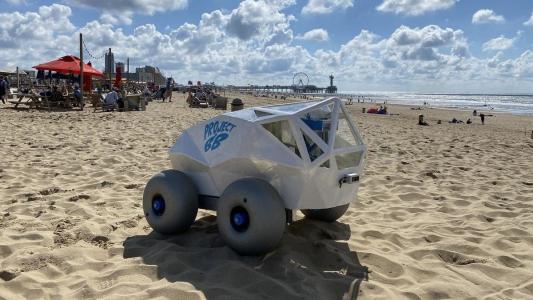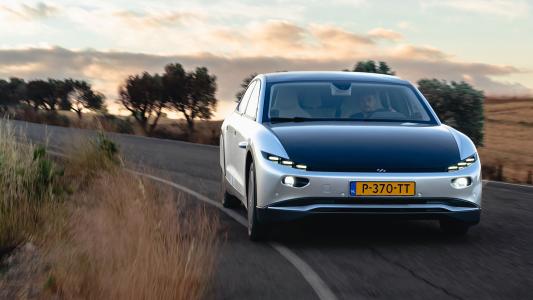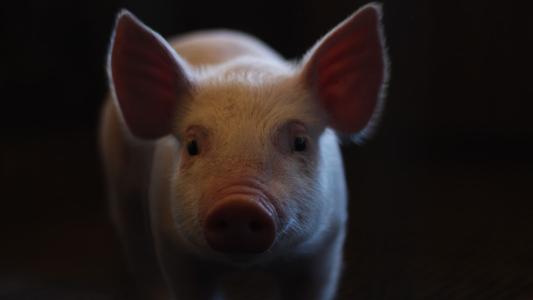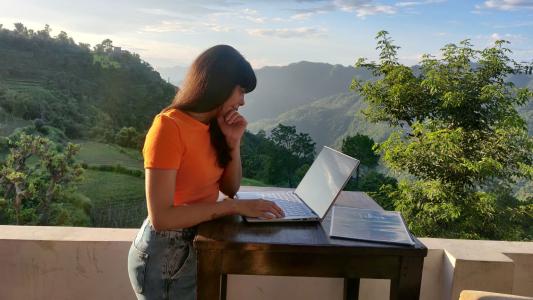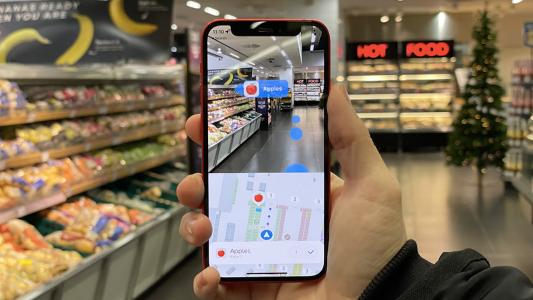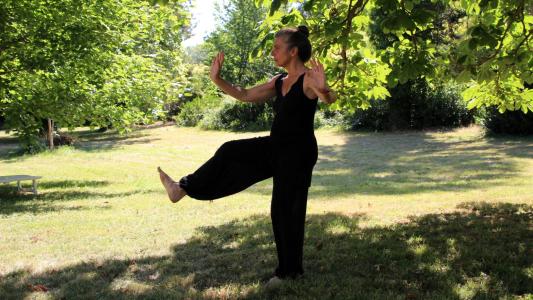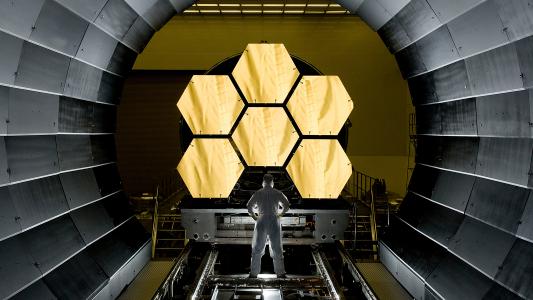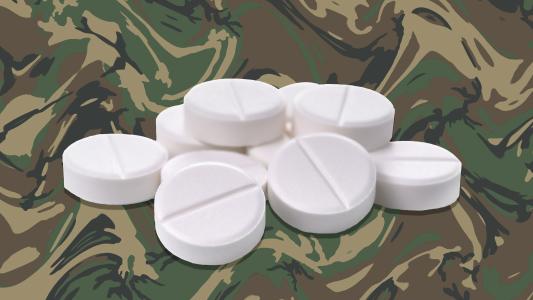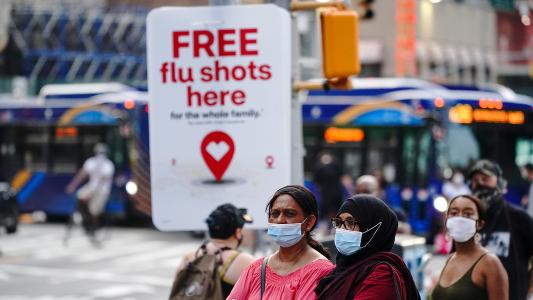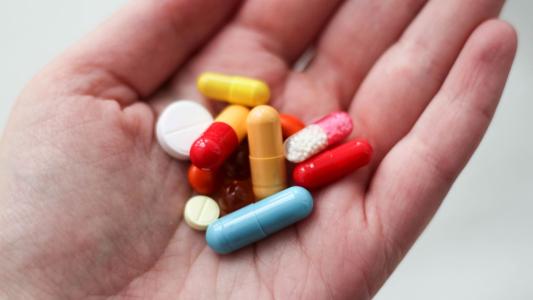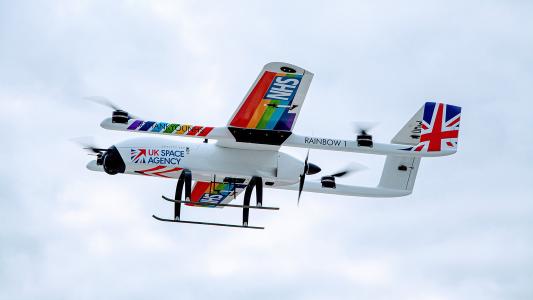Smartphones might actually be improving your memory
Rather than causing “digital dementia,” storing important information in a digital device can actually improve memory.
NASA is sending a robot surgeon to the ISS (Updated)
A MIRA surgical robot is heading to the ISS in 2024 so developers can test its potential to help astronauts survive medical emergencies.
What ever happened to the first cryogenically frozen humans?
For decades, people have arranged to freeze their bodies after death, dreaming of resurrection by advanced future medicine.
A new drug could repair stroke damage to memory and movement
A new drug can repair stroke damage in mice, improving memory and motor skills. If it works in humans, it could lead to a paradigm shift in stroke treatment.
Yale team partially revives dead pig organs an hour after death
Yale’s OrganEx technology has been used to partially revive the organs of dead pigs an hour after their hearts stopped beating.
Long COVID-19 and chronic conditions after viral infections may stem from an overactive immune response
Understanding the immunological mechanisms underlying long COVID-19 is the first step to addressing a quickly worsening public health problem.
This fermented cooking oil could replace vegetable oil
Zero Acre Farms is using fermentation to create a cultured oil that’s healthier and more sustainable than traditional cooking oils.
NASA discovers the perfect cave to live in on the moon
A newly identified lunar pit where the temperature is always about 63 F could be the perfect place for NASA’s future moon base.
The Singularity: When will we all become super-humans?
Are we really only a moment away from "The Singularity," a technological epoch that will usher in a new era in human evolution?
MIT’s new algorithm for self-driving cars is open-source
MIT scientists unveil the first open-source simulation engine capable of constructing realistic environments for autonomous vehicles.
Bill Gates-backed startup is building sustainable ACs
Blue Frontier is developing a new kind of air conditioner that requires 50-90% less electricity than the units we use today.
Why don't surgeons train like fighter pilots? Now some do.
Using AI and analysis, Theator is helping surgeons improve how pilots and pro athletes do: by going to the tape.
The Biden administration is preparing for legal psychedelics within two years
The Biden administration’s Department of Health and Human Services has sent a memo supportive of psychedelic therapies. What does that mean for the field?
Lightweight bionic zaps muscles to help you walk longer, faster
The AI-powered Neural Sleeve electrically stimulates the leg muscles to help people with mobility issues walk faster and longer.
How these schools create problem-solving optimists
In partnership with Higher Ground
Solving the world’s greatest problems starts in one place: educating the leaders of tomorrow. This school is planning to do just that.
ADHD drugs might also treat Alzheimer’s disease
Scientists reviewed 40 years of clinical studies that assessed the effects of NA-targeting drugs, such as certain ADHD drugs, on Alzheimer’s.
This neurotoxic tree could be the key to a new kind of painkiller
Australian researchers searching for new ways to fight pain have turned to an excruciatingly painful Kiwi tree.
Flying sports car cleared for takeoff by FAA
Samson Sky has received approval from the FAA to begin flight testing its flying sports car, the three-wheeled Switchblade.
Jeff Bezos is looking to defy death – this is what we know about the science of aging
Will Bezos’s company succeed in extending the human lifespan? Maybe. But we can all benefit from studying aging.
Watch NASA’s flying space bots work alongside astronauts
The three Astrobee robots aboard the ISS foreshadow a future in which autonomous bots are NASA astronauts’ partners in space.
A cheap nasal spray cuts COVID-19 risk by 62%
A low-cost nasal spray co-developed by Oxford researchers could be the next powerful weapon against COVID-19.
How natural “short sleepers” thrive on 4 hours of sleep per night
Natural "short sleepers" thrive on only four to six hours of sleep per night. Could their genetics explain why?
Your genes may impact psychedelic experiences
UNC researchers have found evidence that the genetic makeup of a crucial receptor may impact your psychedelic experience.
15th century futurism: Leonardo da Vinci’s famous helicopter design finally takes flight
Da Vinci dreamed up a helicopter 400 years before they actually existed. Now, engineers have brought his design to life, but with a twist.
MIT’s new ultrasound sticker lets you see inside your body
MIT researchers have created an ultrasound sticker that can continuously monitor a person’s organs and tissues for up to 48 hours.
Swiss team sets new world record for solar power
Swiss researchers have developed two perovskite-on-silicon solar cells that are more efficient than previously thought possible.
How will humans change in the next 10,000 years?
If humans don’t die out in a climate apocalypse or asteroid impact in the next 10,000 years, are we likely to evolve further?
What your weed label really means
Through the largest analysis of commercial cannabis flower yet, Colorado researchers have found that the current labeling system falls short.
This smart mattress will help you fall asleep fast
UT Austin engineers have developed a smart mattress that manipulates a person’s body temperature to help them fall asleep fast.
These ancient trees survived a wildfire because of fire
The survival of an ancient grove of trees in Yosemite may be a powerful case study for controlled burns.
NASA will send two more helicopters to Mars to bring home samples
Inspired by the overachieving Ingenuity, NASA has updated the Mars Sample Return mission to include two new Mars helicopters.
The 5-hour rule: How to turn a wasted day into a successful one
The 5-hour rule asks us to devote at least one hour a day to learning, experimenting, and reflecting. Here's how to make it work for you.
US Army’s solar-powered drone is setting new records every day
A solar-powered drone being tested by the US Army has set a record for long-endurance flight, remaining aloft for more than 40 days straight.
Massive vertical mushroom farm opens in New York
Alt-meat startup MyForest Food has opened a new vertical mushroom farm in New York.
Widom of Daoism: why Yin-Yang is so much more than a tattoo
Yin-Yang symbolizes not a conflict or struggle but shows that nothing in life is solely either this or that.
The future of meat is sustainable — and a little weird
Ideas to reduce the meat industry's impact on the environment include 3D-printed steaks, cultivated tiger meat, and potty-trained cows.
Harvard scientists closer to solving centuries-old heart mystery
Harvard researchers have used a new method to crack the heart’s weird spiral muscle.
MIT engineers 3D-print rubbery brain implants that don’t “stab” the brain
How do you engineer an implant that doesn't harm an organ as soft as tofu? MIT engineers 3D-printed new soft brain implants.
Why is Singapore making beer from recycled wastewater?
“I mean, it tastes just like beer, and I like beer.”
Transparent solar panels could soon turn windows into energy harvesters
A new solar panel design can efficiently convert light into electricity, while still allowing almost 80% of incoming light to pass straight through.
Nurturing dads raise emotionally intelligent kids
Nurturing dads raise more emotionally intelligent children, helping make society more respectful and equitable.
You can ride this “flying” electric ferry in 2023
Stockholm is piloting a “flying” electric ferry that’s expected to cut commute times in half and make public transportation more sustainable.
Magic Leap reveals release date, price for new AR glasses
Two years after laying off half of its staff, Magic Leap is back with a new pair of AR glasses, the enterprise-focused Magic Leap 2.
VR exposure therapy app lets you face phobias on your own terms
Exposure therapy is a reliable technique for overcoming irrational fears, but it currently suffers high patient dropout rates.
The Four Enemies to a happy life and how to defeat them
Buddhist psychologists, Robert Thurman and Sharon Salzberg, have identified "Four Enemies" that are obstacles to a happy, fulfilled life.
NASA is closer than ever to generating nuclear power on the moon
NASA has given three companies $5 million contracts to develop mini reactors capable of generating nuclear power on the moon by 2031.
How child mortality fell from 40% to 3.7% in 200 years
The collapse in child mortality rates is a testament to the tremendous benefits of scientific, technological, and economic progress.
This portable wind turbine folds up and fits in your backpack
In partnership with Million Stories
This personal wind turbine went viral. Can it be a real business?
Crows are self-aware just like us, says new study
Crows and the rest of the corvid family keep turning out to be smarter and smarter. A corvid's pallium has more neurons than a great ape's.
Google’s free tool will breathe new life into your old laptop
Google’s free ChromeOS Flex is now widely available, giving anyone the ability to turn their old laptop into a makeshift Chromebook.
GM has a plan to solve the biggest obstacle to EVs
GM, Pilot Company, and EVgo are building a new EV charging network comprising 2,000 stalls at up to 500 travel centers across the US.
Feeding insects to cattle could make meat and milk production more sustainable
Most U.S. adults aren’t ready to put insects on their plates but are much more willing to consume meat from livestock that are fed bugs.
3D-printed reefs installed around Denmark’s offshore wind farm
The massive Anholt Offshore Wind Farm in the North Sea is now home to 3D-printed reefs in a bid to boost biodiversity.
Y chromosome loss can lead to an increased risk of heart failure and disease
Chromosomes change over time, whether through the process of aging or exposure to harmful substances in the environment.
Bad news for the 2022 hurricane season: The Loop Current is coming
The Loop Current, a fueler of monster storms, is looking a lot like it did in 2005, the year of hurricane Katrina.
NASA was “completely wrong” about the asteroid Bennu
It wasn’t until landing on the asteroid Bennu that NASA learned its surface was more like a plastic ball pit than the relatively solid moon.
Large study of 20,000 cats and dogs could help pets live longer
Mars Petcare has announced the opening of a massive biobank to study aging and pet diseases.
3 ways autonomous farming is driving a new era of agriculture
Could autonomous tractors, drones, and seed-planters fill the growing labor shortage in the agricultural industry?
The sci-fi plan to create artificial gravity on the moon, Mars
To create artificial gravity for off-world explorers, Japan plans to build spinning, cone-shaped facilities on the moon and Mars.
Archaeologists identify contents of ancient Mayan drug containers
Archaeologists used new methods to identify contents of Mayan drug containers, discovering a non-tobacco plant.
Potential cause of unexplained epilepsy cases uncovered
University of Arizona researchers have uncovered a protein that might be behind some epilepsy cases with currently unknown causes.
“Soft CRISPR” is safer and could help cure more diseases
A new CRISPR system was far more effective and precise than CRISPR-Cas9 when tested in fruit flies.
Startup lets doctors classify skin conditions with the snap of a picture
An MIT alumna founded an artificial intelligence-powered mobile app to help primary care physicians identify skin diseases.
The first FDA-approved clinical trial of psilocin has begun
“This has never been done before,” says Filament’s CEO.
Meet the startup that’s closing the digital divide with $200 tablets
In partnership with Million Stories
No investments? No problems. Here’s how one man boot-strapped a tech start up and did 4 million in sales.
Electric “seagliders” may soon skim the Hawaiian shoreline
Flying low above the sea, “seagliders” from Boston-based company REGENT may be cruising Hawaii by 2025.
Nasal COVID-19 vaccines prepare for infection right where it starts – in your nose and throat
Intranasal vaccines are best suited to protect against pathogens that enter through the nose, like the flu or the coronavirus.
Alternative batteries are solving the biggest problem in renewable energy
The world is overcoming the problem of renewable energy storage with batteries made of water, sand, and more.
FDA authorizes new COVID-19 vaccine — and it’s not like the others
The FDA has issued an emergency use authorization for biotech company Novavax’s protein-based COVID-19 vaccine.
People who read live longer than those who don’t, Yale researchers say
A study by Yale researchers finds that reading books in particular returns cognitive gains that increase longevity.
CRISPR cure for high cholesterol enters first human trial
A trial testing a new CRISPR-based treatment to lower cholesterol has officially kicked off in New Zealand.
7 spectacular lessons from James Webb’s first deep-field image
With its first deep-field image, the James Webb Space Telescope has truly ushered in an entirely new era in astronomy and astrophysics.
After death, you’re aware that you’ve died, say scientists
How can we know that we're dead after we die? Some evidence attributes a certain neurological phenomenon to a near death experience.
Walmart to rollout a fleet of electric delivery vehicles
Walmart has announced a deal to buy a fleet of delivery EVs from Canoo, with a pilot beginning in weeks.
Black hole mergers obey the laws of thermodynamics
An analysis of the gravitational wave data from black hole mergers show that the event horizon area, and entropy, always increases.
NYU performs two more pig-to-human heart transplants
Two pig-to-human heart transplants performed by surgeons at NYU Langone Health showed all the signs of success.
A historian identifies the worst year in human history
The year 536 ushered in the coldest decade in thousands of years and started a century of economic devastation.
An old HIV drug may treat Down syndrome
A common HIV drug could potentially be a Down syndrome treatment, improving cognition in mouse models of the condition.
Tapping into the million-year energy source below our feet
Quaise Energy wants to repurpose coal and gas plants into deep geothermal wells by using X-rays to melt rock.
James Webb’s first science images: before-and-after
The James Webb Space Telescope's first set of science images showcases the breadth of the observatory’s capabilities.
New discoveries are rewriting the rulebook for regenerating limbs
Human limb regeneration is closer to reality thanks to new studies that refine our understanding of what mammals need to regrow body parts.
“Read 2,000 books”: Werner Herzog’s advice on reading
In the past, Werner Herzog has stated that you can't be a filmmaker without a regular reading habit, from Hemingway to Norse mythology.
James Webb’s record-breaking first science image: explained
On July 11, 2022, the very first science image of the James Webb Space Telescope was unveiled to the world.
How Daybreaker turned “sober morning raves” into a worldwide movement
In partnership with Million Stories
What started as a side project among friends quickly grew into a multimillion-dollar business.
Why Einstein is a “peerless genius” and Hawking is an “ordinary genius”
Why some people are considered geniuses while other equally impressive people are not seems largely arbitrary.
Nanoparticles may automatically clean your teeth one day
Shapeshifting nanoparticles may one day lead to automated oral care.
Artificial photosynthesis lets us grow plants in total darkness
A new artificial photosynthesis technique could boost crop yields on existing farms or allow us to grow plants in new locations — like space.
This little robot is cleaning up beaches, one cigarette butt at a time
Robot litter picker, the BeachBot, uses artificial intelligence to detect trash like cigarette butts and help clean up beaches.
This luxury solar electric car could go 7 months without recharging
Dutch startup Lightyear expects to begin delivering a $254,000 solar electric car to customers in November 2022.
FDA may soon allow pig organ transplant trials
With pig transplantation looking increasingly viable, the FDA may soon allow clinical trials of the technique to begin.
Digital nomad: why work from home if you can work from anywhere in the world?
Digital nomad visas make it easier than ever for remote workers to live in foreign countries for extended periods of time.
AR’s first great use: never get lost again
The tech behind an AR shopping app helping grocery store customers find items could one day help you navigate airports, museums, and more.
10-second balance test is a powerful predictor of death for older adults
Adults aged 51-75 who were unable to balance on one foot for ten seconds had an 84% higher risk of death than their peers who could.
NASA teases Webb telescope’s first images with list of targets (Updated)
NASA has announced the first targets for the James Webb Space Telescope and plans to share the full-color images on July 12.
Psychedelic research returns to Veterans Affairs
After decades, the Department of Veterans Affairs is once again investigating psychedelic therapies.
Universal flu vaccine enters phase 1 trials
NIAID researchers have begun a phase 1 trial of a new universal vaccine candidate that was promising in animal challenge studies.
A new delivery method for drugs that can’t withstand stomach acid
In order for a drug to get to the small intestine, it must first get past the highly acidic environment of the stomach.
Two FDA-approved drugs may improve Alzheimer’s symptoms
A retrospective study found that Alzheimer’s symptoms improved in patients who took two FDA-approved drugs that treat psychiatric disorders.
Yale study of DMT for depression is encouraging
Yale researchers have conducted a small study finding DMT is safe and tolerable enough for more research.
UK tries cancer meds by drone
The UK’s National Health Service (NHS) is using drone deliveries to make it easier for cancer patients to obtain chemotherapy.
